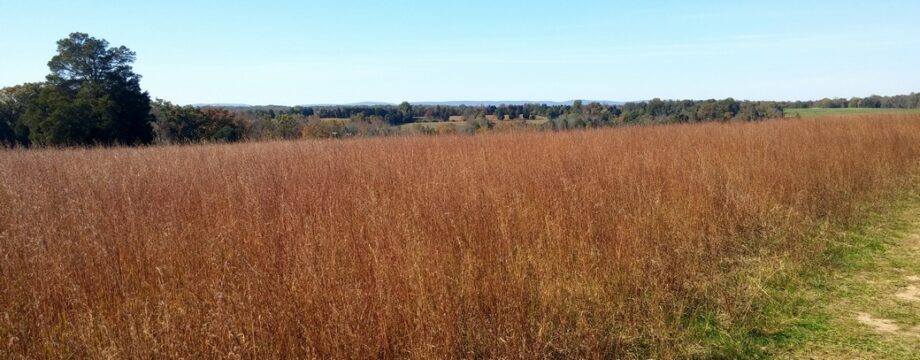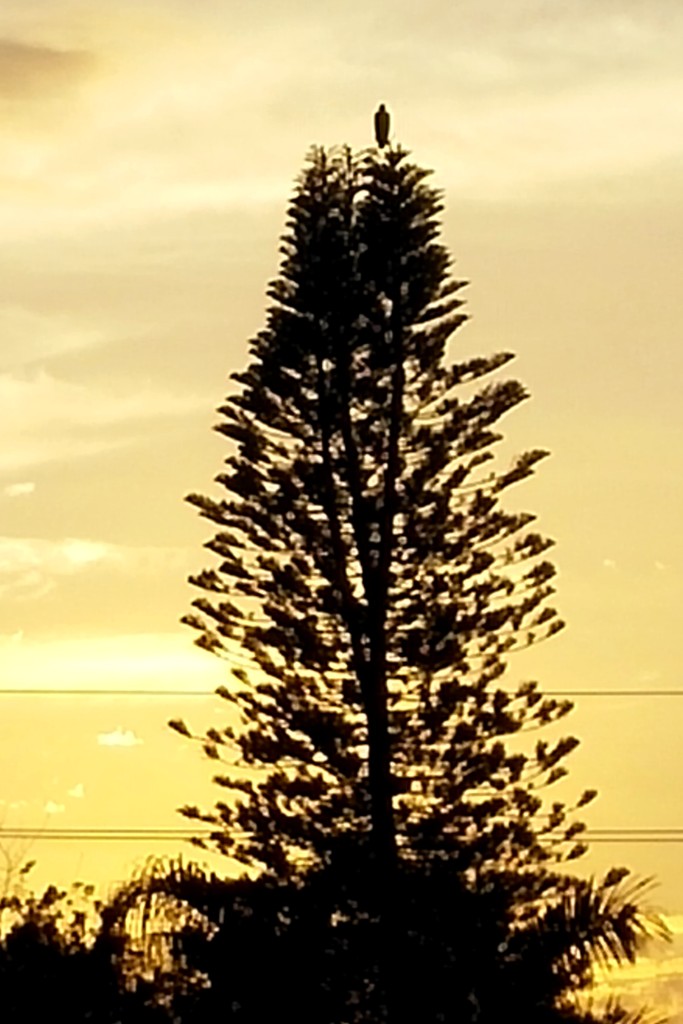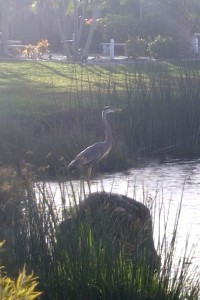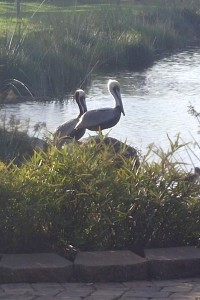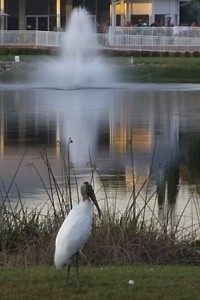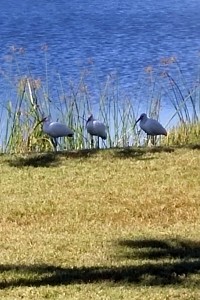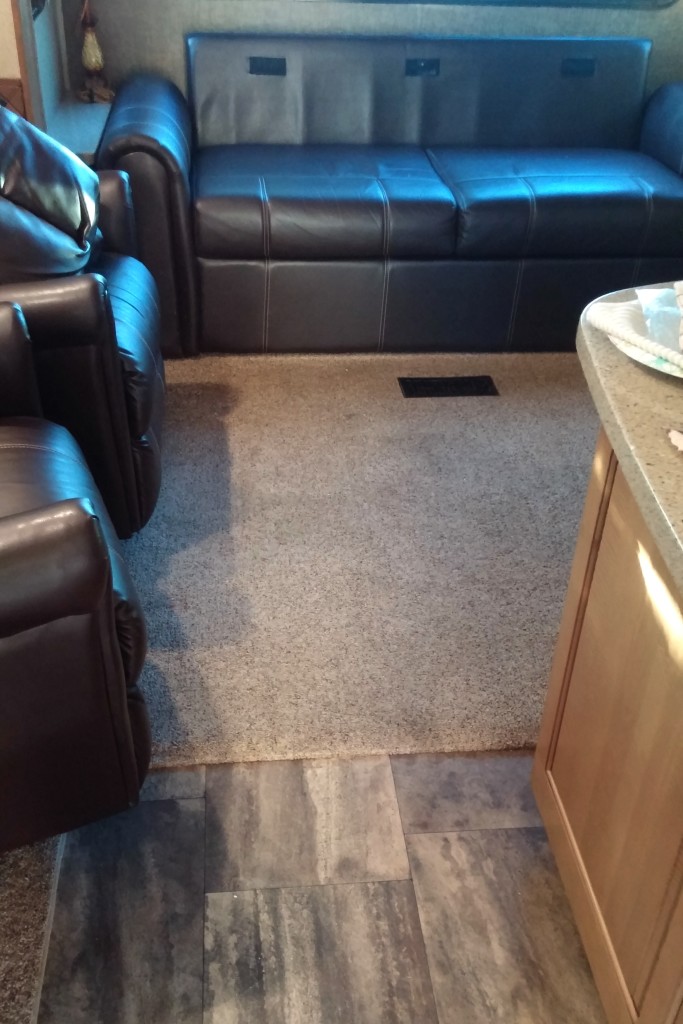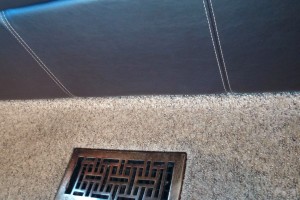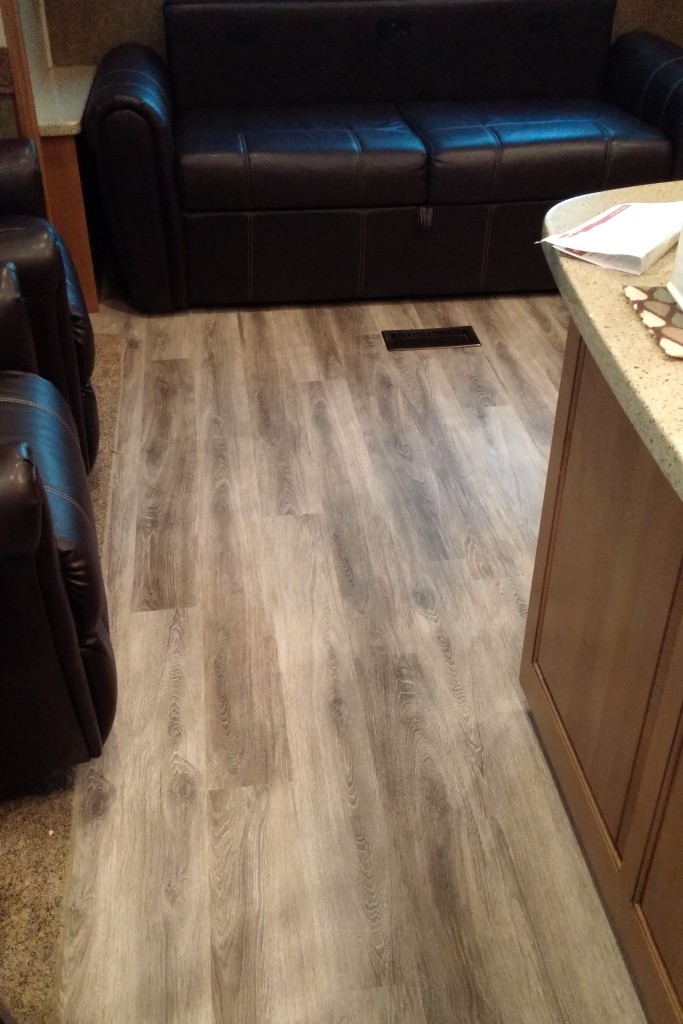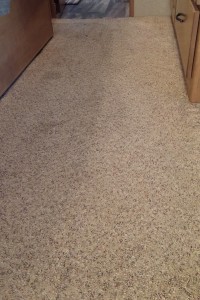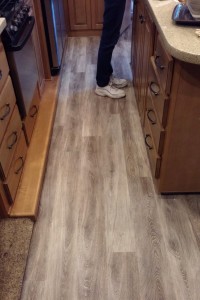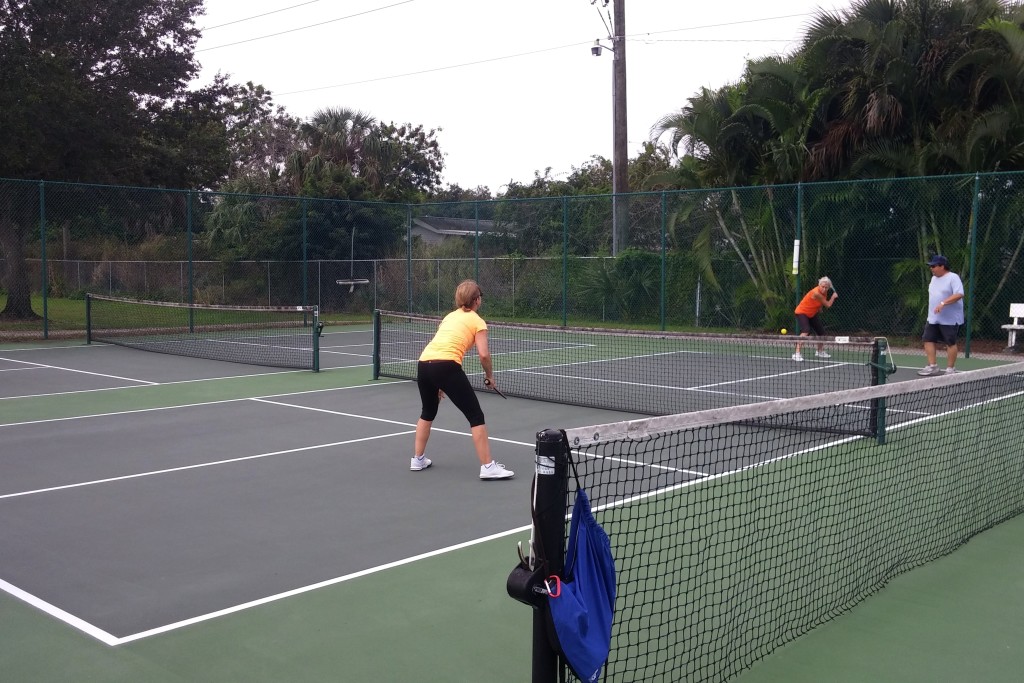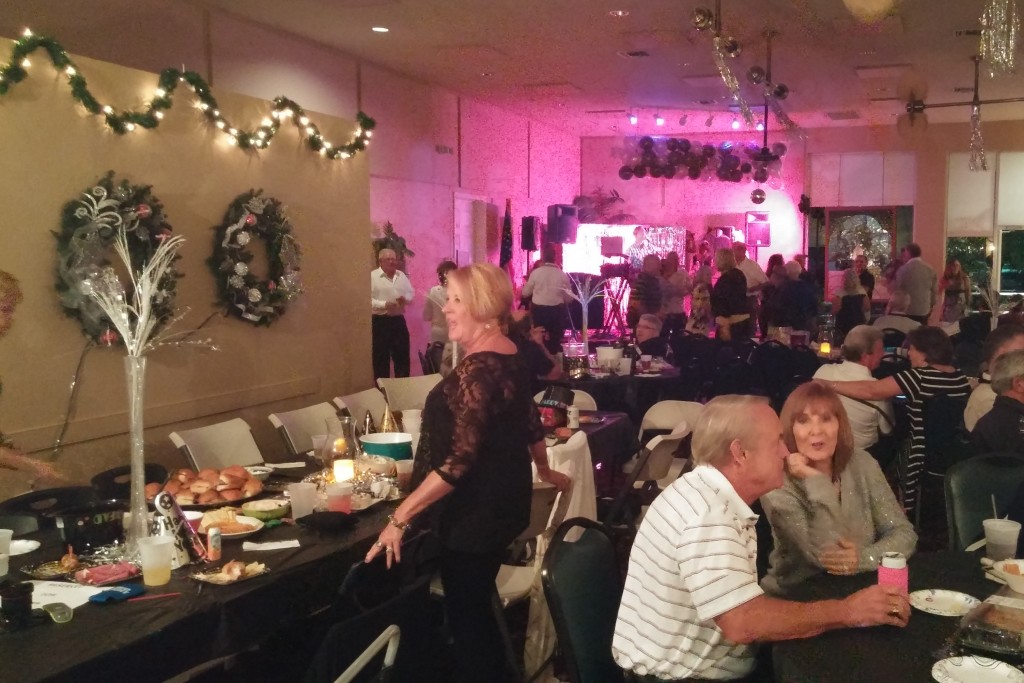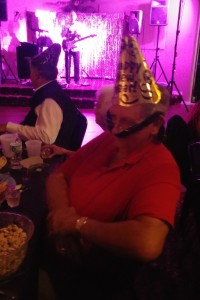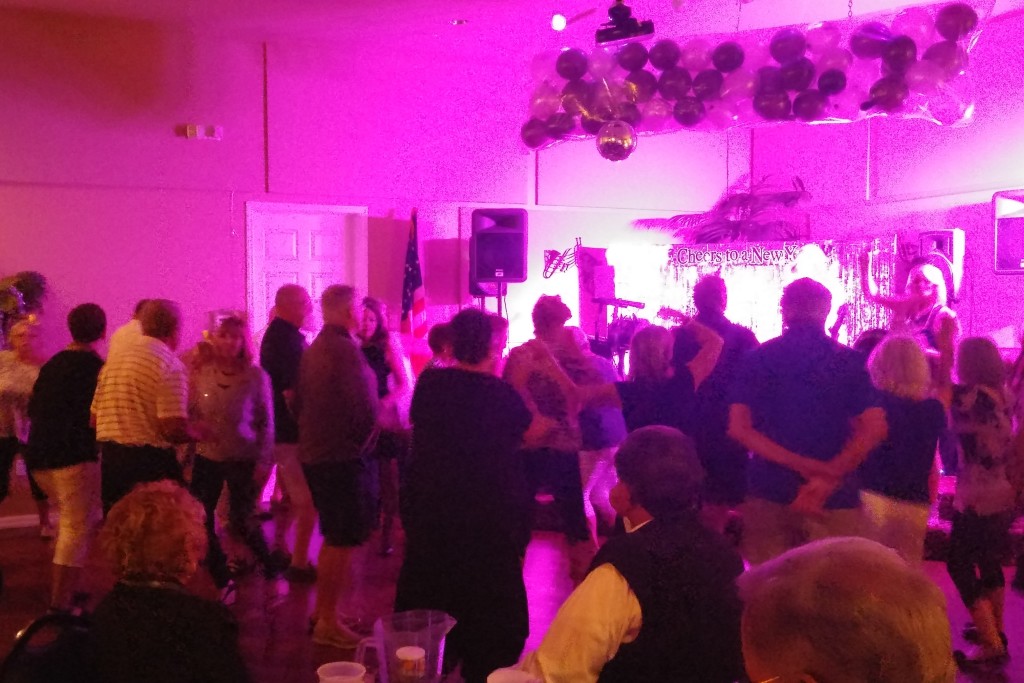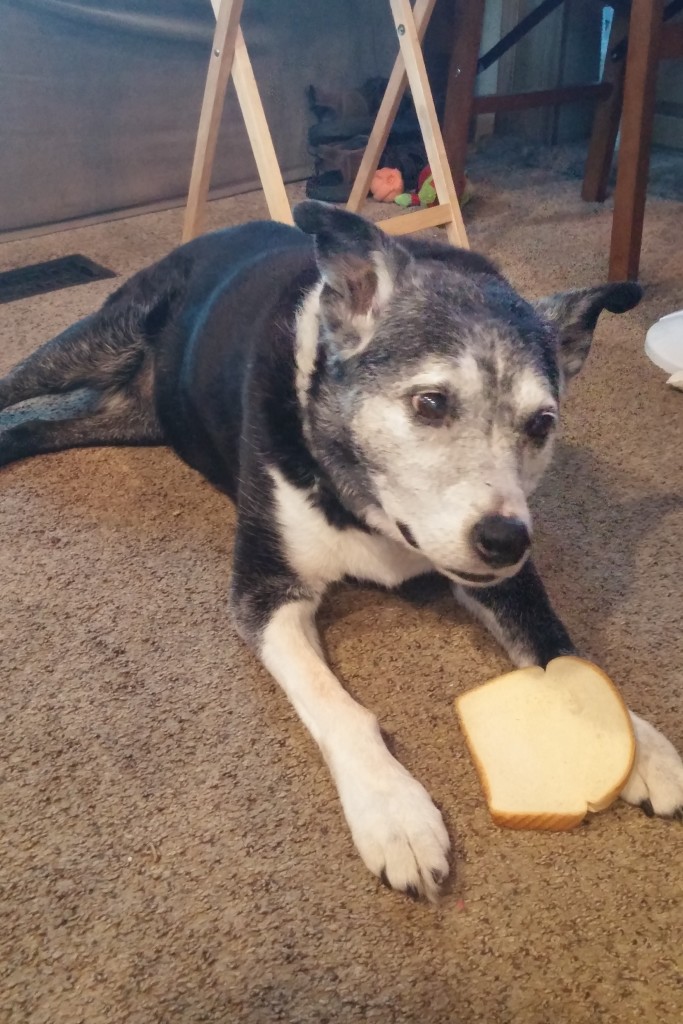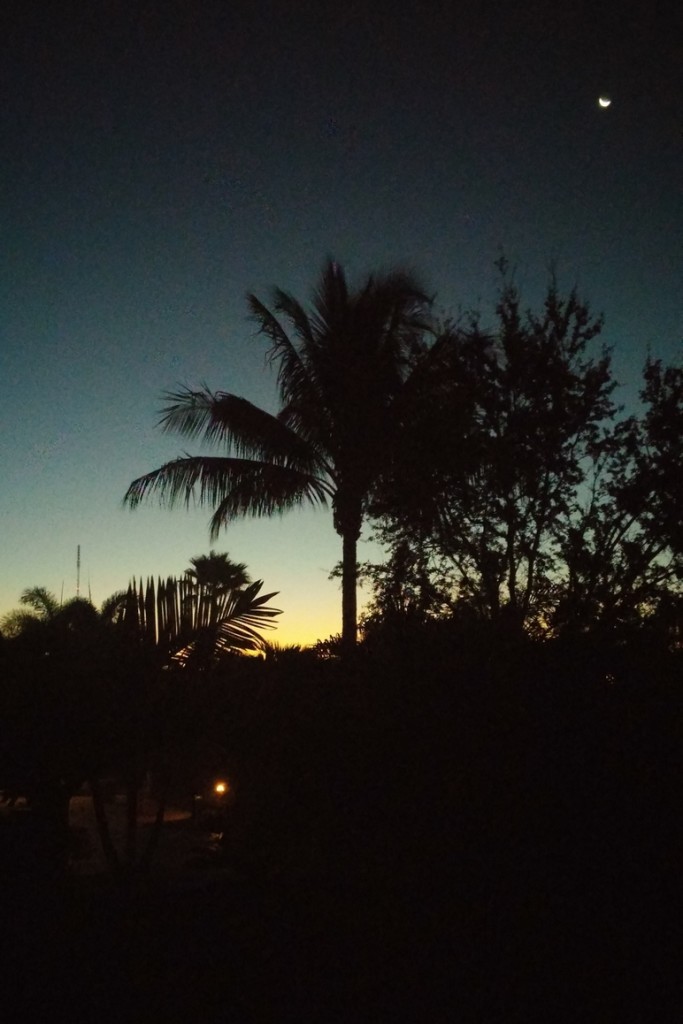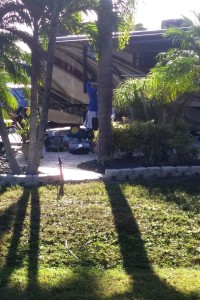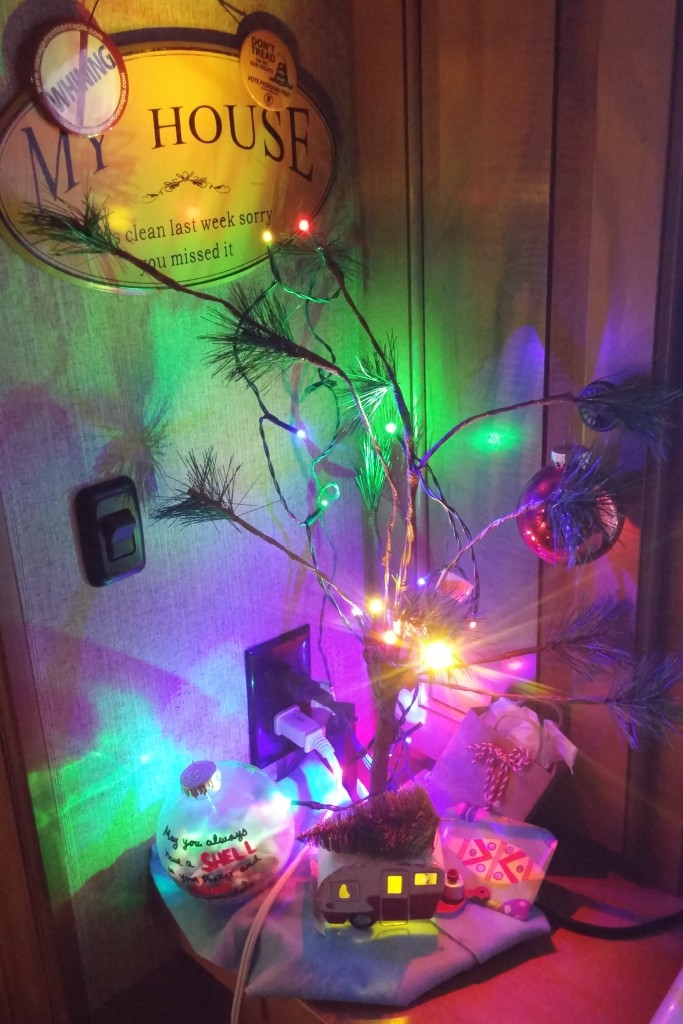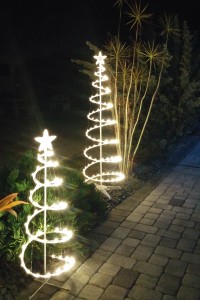I think John Grisham is a very talented writer. I love his legal mystery/suspense/adventure yarns. They always keep my attention. They even keep me awake when I read late at night, which is high praise indeed.
Except this one.
In a nutshell, this is the story of a dying southern judge who summons his two estranged sons to a meeting to discuss his estate. One son is a law professor while the other is a ne’er-do-well addict and playboy. When they arrive they find their father dead, with a hand-written one-page will that splits the estate evenly between the two. As his estate was paltry, consisting of a run-down house and a few thousand dollars in the bank, the division of the estate hardly mattered.
But some things were puzzling. Why had the man left a hand-written will when he had a perfectly valid one, written just a few months before, on file with his lawyer friend? Why summon the sons at all if there was really nothing to discuss?
Moot questions, if would seem. Until the professor son discovers $3.1 million, in cash, in boxes in his father’s home office cabinets.
Where did it come from? Was the purpose of the summons to discuss this cash? What should be done with it?
That is the central question in this book: what is to be done with the cash? The “right” thing would be to declare it as part of the estate. But then the public would ask the same question: where did it come from? As the judge had a reputation as a scrupulously honest and fair judge, his legacy would be tarnished with rumor and suspicion. Maybe he won it gambling and the son spends a quarter of the book trying to decide if that was possible. It wasn’t.
So maybe just keep the money and, over time, launder it and spend it on his cherished dream: a nice private aircraft. One decision was easy: he would NOT share it with his brother because he would just use it to buy drugs and that would kill him.
One rationalization follows another. He hides the money in a storage locker, then visits the locker nearly every day to make sure the money is still safe. He begins to obsess about the money. Can’t sleep. Can’t focus on his work. He starts to look a bit insane, like Humphrey Bogart in The Treasure of the Sierra Madre. His obsession turns to fear when notes begin to arrive which makes it apparent that someone – no idea who – knows that he has the money.
The rest of the book is about how he tracks down the source of the money and what happens to it. As I write this I realize that it sounds better than it was. For a Grisham novel, the plot was very thin and the characters were not very interesting. This was probably my least favorite of all the Grisham novels that I have read.
3 out of 10.

